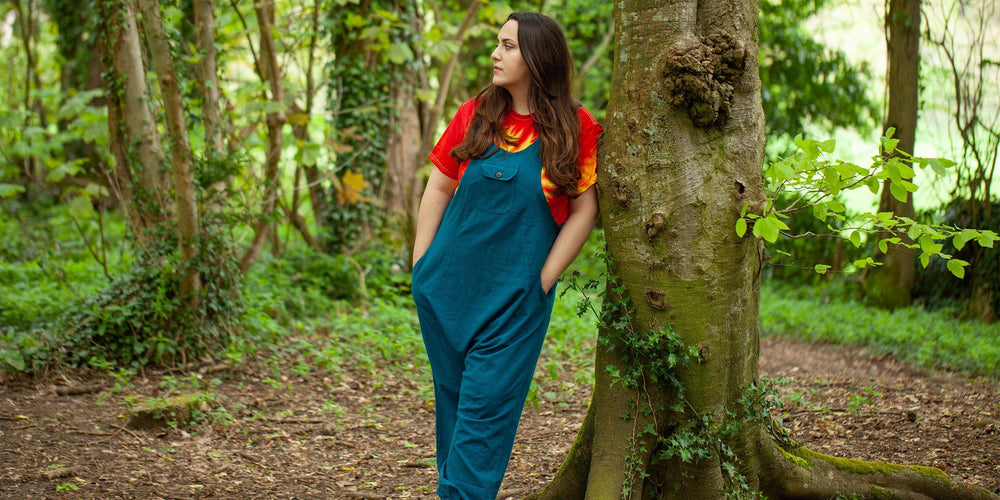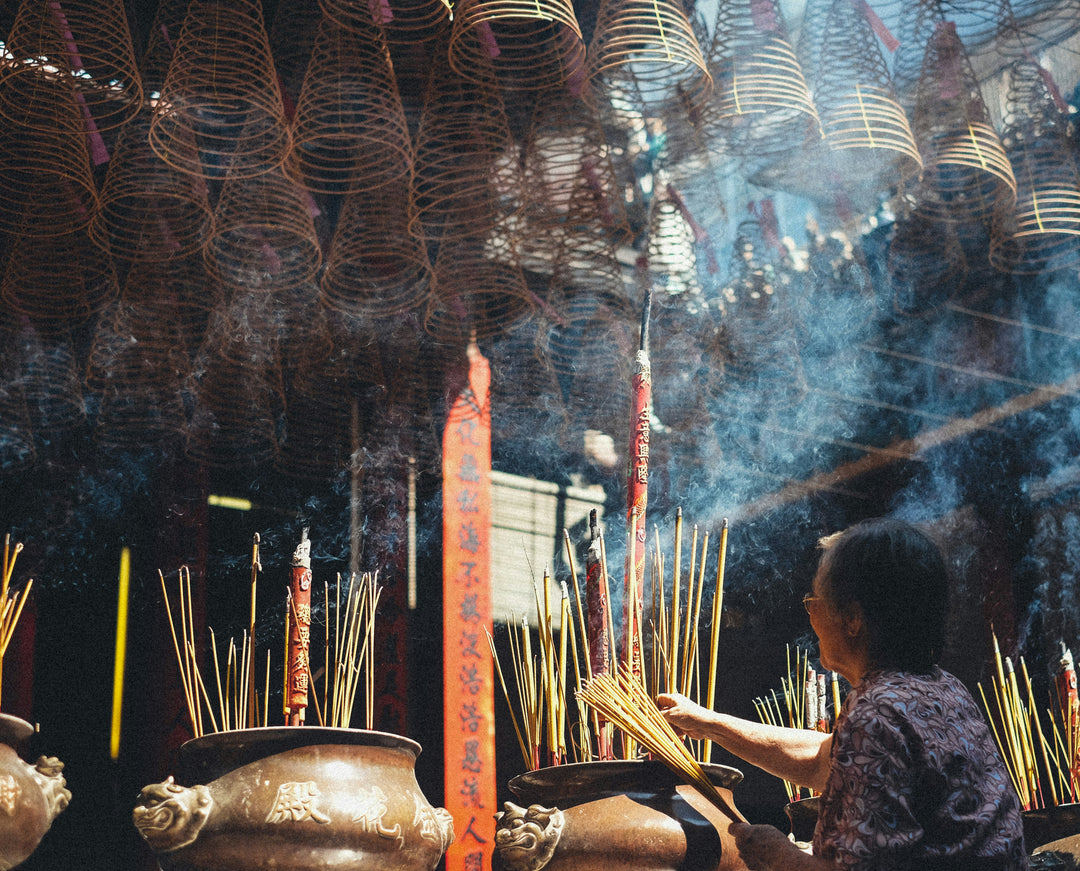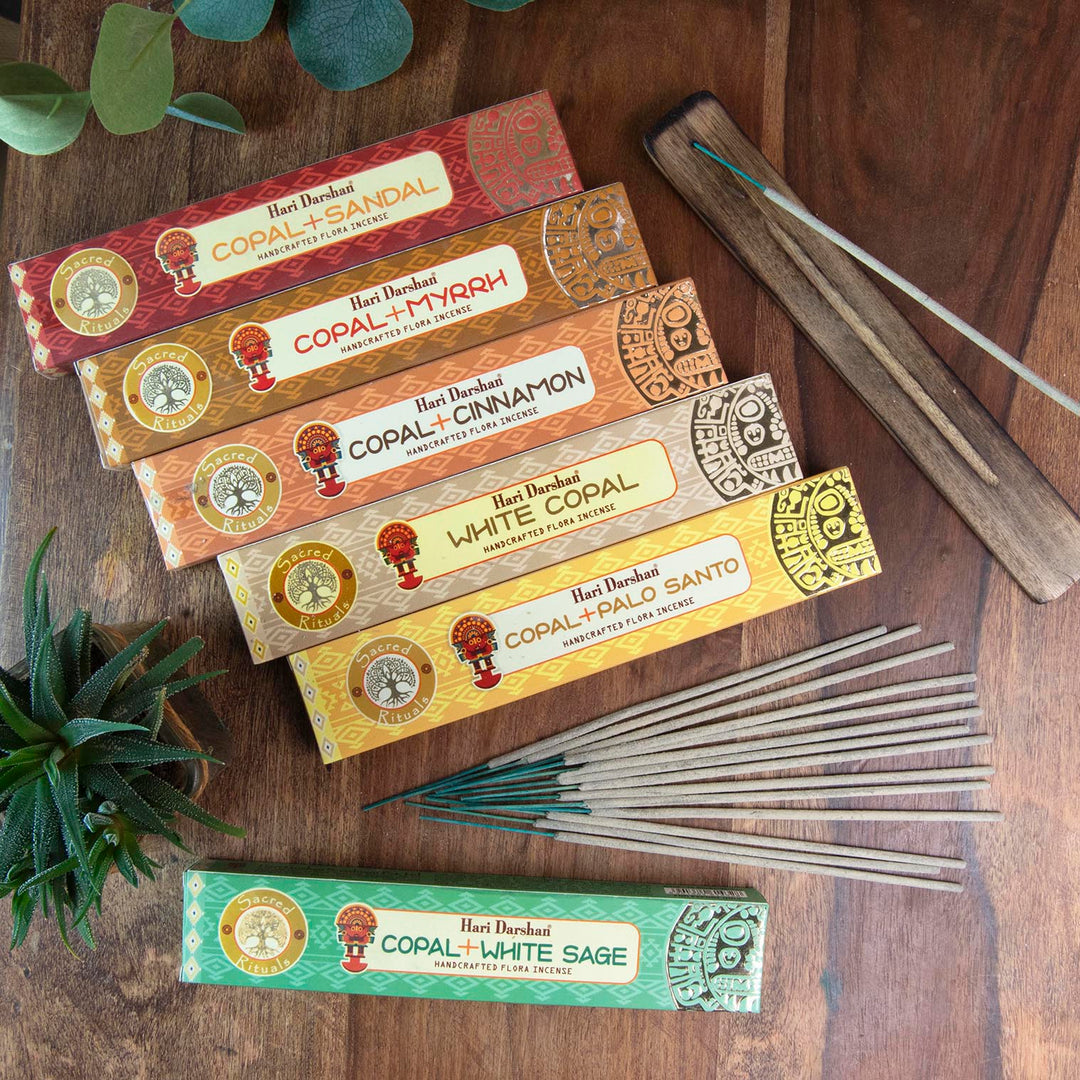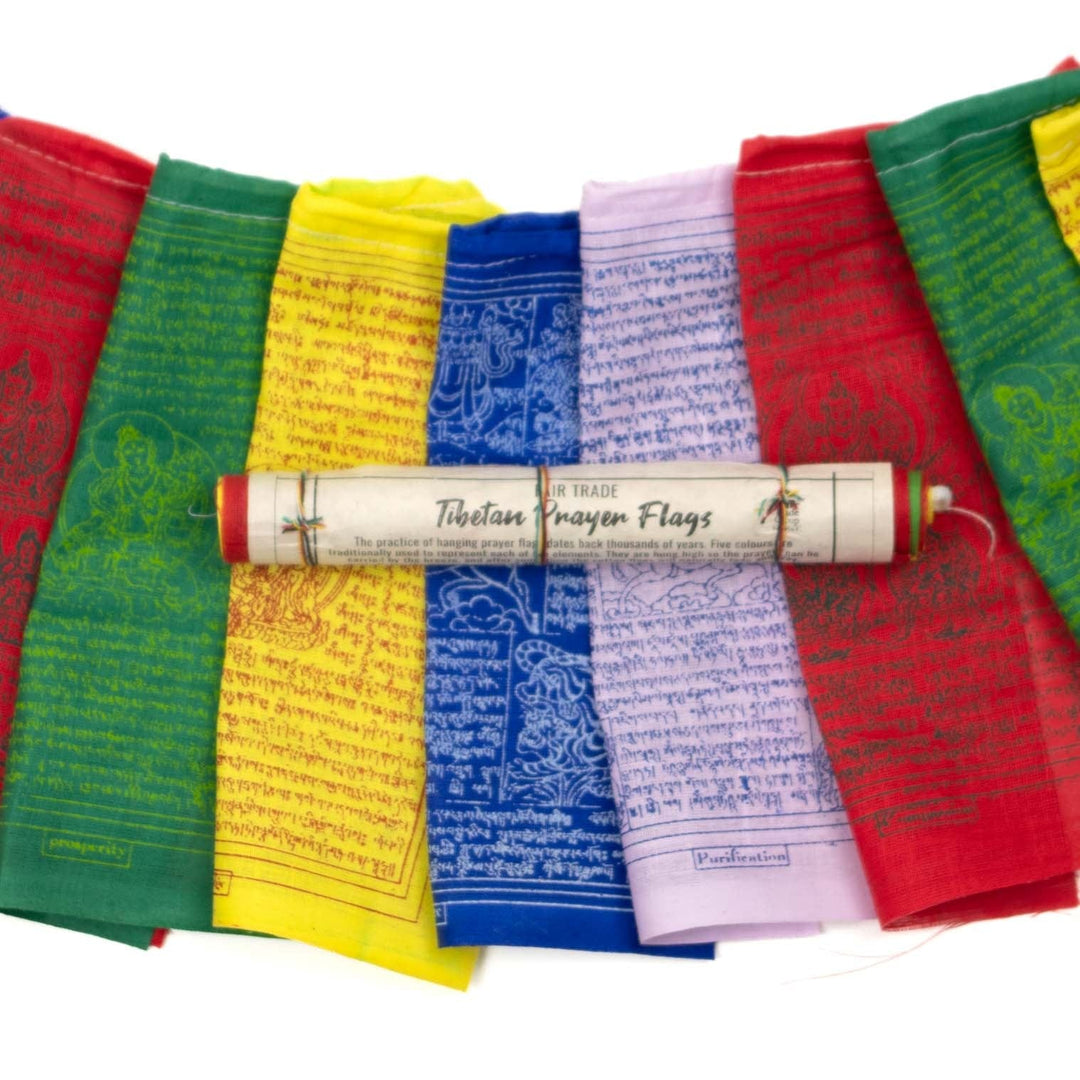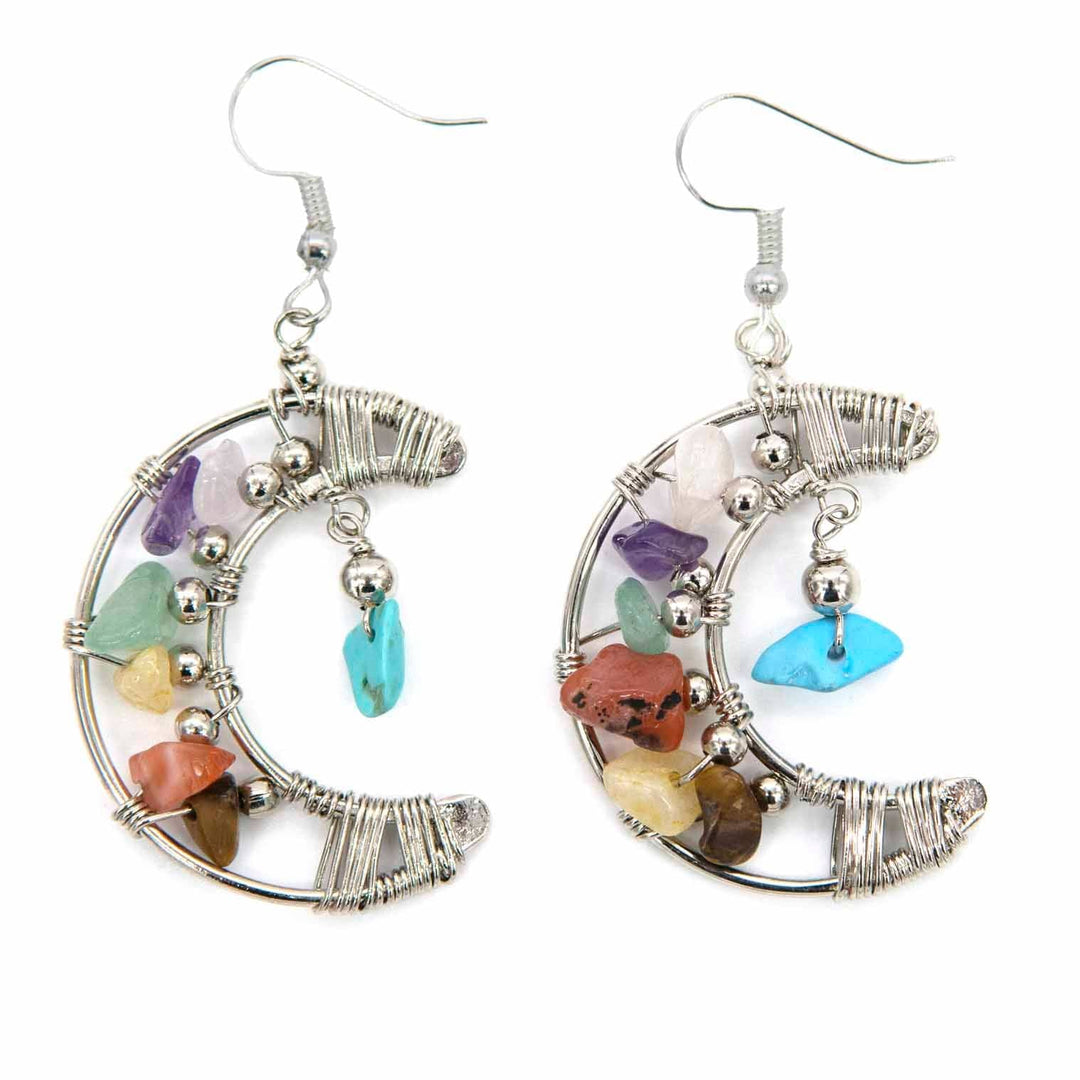What Is Henna...And Where Does It Come From?

Today it seems everyone wants to be unique; people want that certain 'Je ne sais pas' to help stand out from the crowd. Fashion is of course these explorers' main weapon. Clothes can be used to create this desired uniqueness but there are two other techniques that have saturated the mainstream fashion world. These are the use of hair dye to create colour, brightness, and to perfect a colour co-ordinated outfit; the other is through the use of tattoos to create something darker, edgier, or more sensual.
Due to their increase in popularity I thought I would quickly look at a certain plant that for almost 7000 years has offered us these abilities in a natural and safe way. A plant that for all intensive purposes has been in fashion for almost as long as fashion has existed.
The plant I am referring to is known by many names around the world: “Hina”, “The Mignonette Tree”, “Egyptian Privet”, but its official name is the “Lawsonia Genus” - you may know it by its Persian name “The Henna Tree”.

The Henna tree is a tall, sweet smelling shrub which can be used to make perfume, hair dye or a dye paste used for body art. Not only does the Henna plant have a sweet smell but it contains one of the strongest dyes known to man. For years this plant has been used not only in religions all around the world, but by tribes and other groups to stain skin, hair, finger nails, leather, silk, and wool.
Henna Perfume

The Henna plant flowers in different colours and can be pink, white, yellow or red. The blossoms are so fragrant that they are picked and transformed into perfume. The Henna shrub has been used to creating perfume as earlier as 1500BCE and was said to be one of the Prophet Mohammed’s favourite scent. For more on Henna perfume, check out hennapage.com.
The Henna Paste (Tattoo Paste)
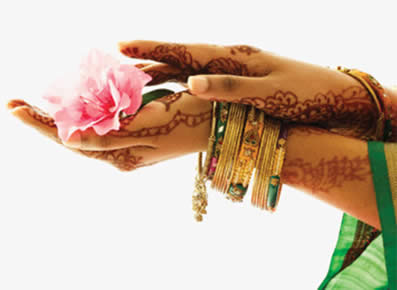
Henna paste is now used all around the world for tattooing, offering the wearer the chance to have a tattoo that is temporary, and not permanent like more commonly used inks. Depending on the concentration of the mix and how long the Henna is left on the skin the wearer can either increase or decrease the longevity of the tattoo. Although great for tattoos this paste was also used as a nail varnish, especially amongst certain religions where nail vanish was not permitted but the use of Henna was.
Once the flowers are picked for the perfume, the leaves of the Henna plant are used to make a paste. Although containing a powerful dye, these leaves unbroken will not stain your skin. To activate the dye you need to make the Lawsone molecules available.
What Wikipedia says:“Fresh Henna leaves will stain the skin if they are smashed with a mildly acidic liquid. The lawsone will gradually migrate from the Henna paste into the outer layer of the skin and bind to the proteins in it, creating a fast stain.”
It would obviously be a messy process to try and apply the dye using sludge made up of leaves and liquid, so the leaves are dried, milled and sifted to create a smooth powder. This powder is then mixed with lemon juice, tea, or other mildly acidic liquid agents for 6 to 24 hours to create a paste. This paste can then be put into an application device to create smooth accurate lines similar to icing a cake.
More from Wikipedia (en.wikipedia.org/wiki/Henna):“The paste can be applied with many traditional and innovative tools, including a resist, a cone, syringe, Jac bottle or fingers. A light stain may be achieved within minutes, the longer the paste is left on the skin, the stronger the stain will be, and should be left for several hours. To prevent it from drying or falling off the skin, the paste is often sealed down by dabbing a sugar/lemon mix over the dried paste, or simply adding some form of sugar to the paste. It is debatable whether this adds to the color of the end result; some believe it increases the intensity of the shade. After time the dry paste is simply brushed or scraped away. Henna stains are orange soon after application, but darken over the following three days to a reddish brown. Soles and palms have the thickest layer of skin and so take up the most lawsone, and take it to the greatest depth, so that hands and feet will have the darkest and most long-lasting stains. Steaming or warming the Henna pattern will darken the stain, either during the time the paste is still on the skin, or after the paste has been removed. Chlorinated water and soaps may spoil the darkening process: alkaline products may hasten the darkening process. After the stain reaches its peak color it will appear to fade, as the stained dead cells exfoliate.”
Hair Dye
Now that we have used the flowers for perfume and the leaves for dye, this marvellous plant has one more thing to offer. The remainder of the shrub can be shredded and used to create a powder hair dye. This process has been used to dye hair for 6000 years and has never been more popular than it is today with the likes of artists such as Rihanna inspiring new generations.

Rihanna’s Famous Red Hair (Vogue magazine)
Even more incredible
The Henna plant has allowed people for thousands of years to change the way they look, allowed gangs and tribes to identify themselves, has helped seal husband and wife together in wedding ceremonies, used to mark, celebrate and liberate in various religions and has added just that little bit of extra colour to world. But these cosmetic properties are not all the Henna shrub had to offer.
Before medicines were readily available in chemists this plant was used for several health and medical properties. When used as a nail varnish the Henna protects the wearer from fungal infections, and could be used to treat cases such as combat athlete’s foot.
The powdered hair dye does not just dye the hair but also strengthens and conditions the hair. Shampoos and conditioners are also made from the Henna powder for this very reason.
The Two most important health aspects of the Henna plant was its antibacterial qualities which could fight infections and save lives. It could also lower the body’s temperature soothing headaches and fevers, which before today’s advances in medicine would have been a god send.
The Henna plant is indeed a special plant and it is now easy to purchase Henna products online or in store..


